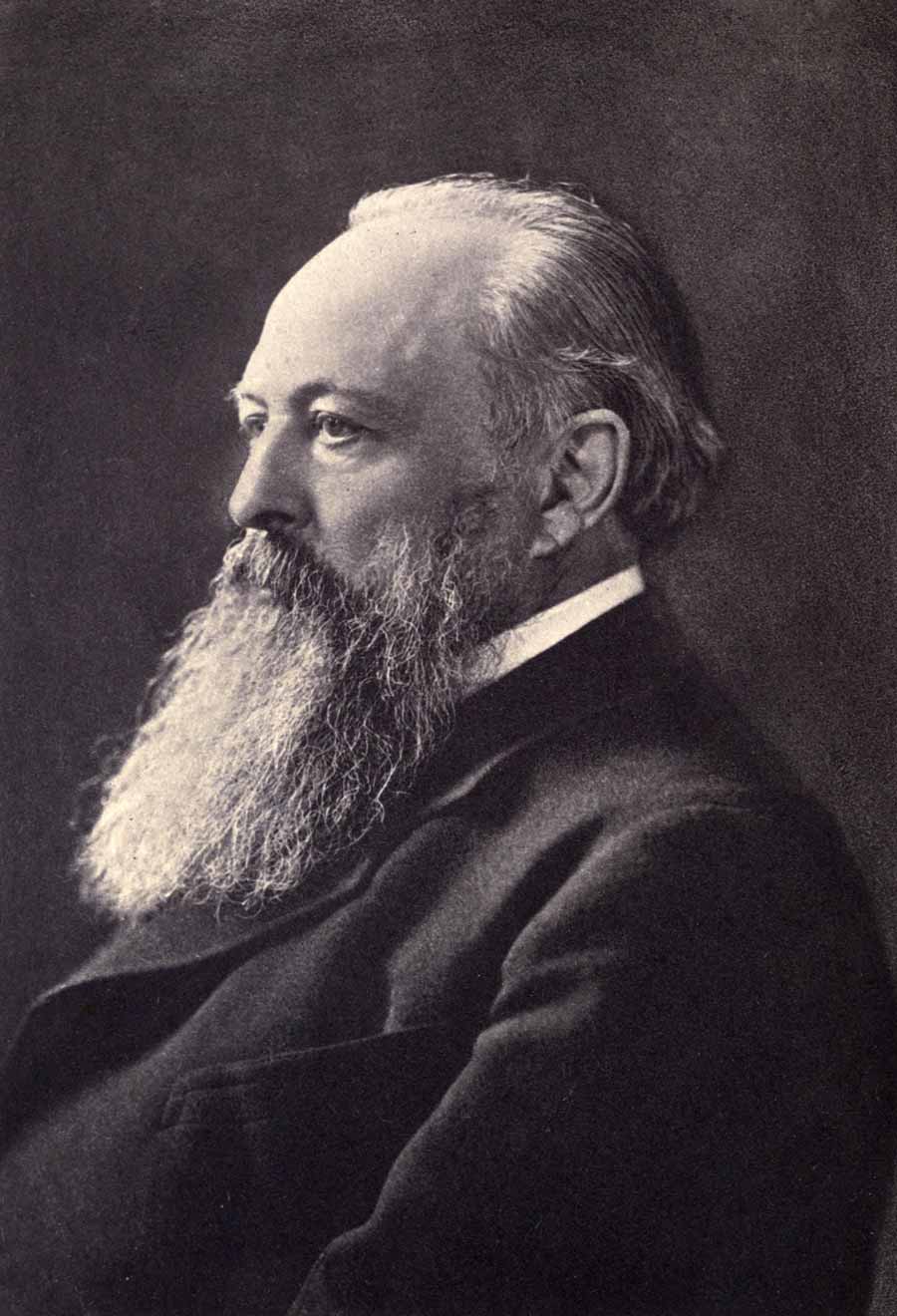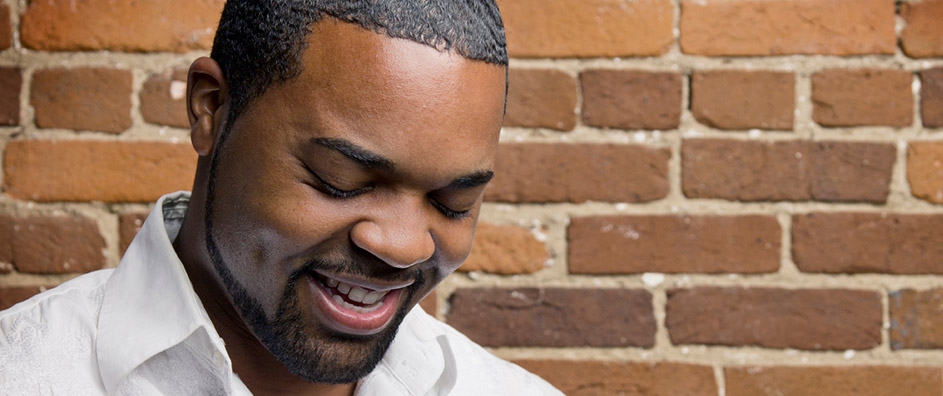The views expressed in our content reflect individual perspectives and do not represent the authoritative views of the Baha'i Faith.
We universally acclaim God as the “All-Powerful.” Yet God is not defined by “Power,” even though absolute and unlimited in force and scope. “Power,” after all, is a human concept, an abstraction whereby we interpret our experience of the world. This may be a subtle distinction to some. Nonetheless, it is important to put everything we affirm about God into perspective.
In this series, we have not really talked much about theology. Instead, we’ve focused on the attributes of God—not so much as they pertain to God, but rather as they apply to you and I.
But doesn’t it seem a little presumptuous to say that we have any attributes of God at all? Not according to the Baha’i teachings, which tell us that our purpose in life involves striving after perfections that we commonly ascribe to God.
“Power” (Qudrat, in Persian) is the name of the thirteenth Baha’i month in the 19-month Baha’i Calendar. The month of “Power” lasts from early to mid-November each year. Here is a standard definition of the original Persian term for “power”:
قدرة qudrat (v.n. of قدر), Being able; power, ability, potency; prowess, courage, audacity; one of the attributes of God, omnipotence, providence, prescience; the creation, universe, nature; destiny; so much. – Francis Joseph Steingass, A Comprehensive Persian-English Dictionary, p. 957.
As you can see, “qudrat” is defined as “one of the attributes of God.” Yet it also includes a wide semantic range of meanings, from “power” itself to “courage” and “destiny” and so forth. In other words, what “power” means depends on context.

Lord Acton
Now let’s talk about spiritual “power.” In one sense, power describes the ability to get things done. What is the source of our spiritual power? How do we increase our spiritual power? For what purpose should we meditate on “power” as it applies to our lives?
You’ve heard the saying: “Power corrupts; absolute power corrupts absolutely.” The source of the saying is historian and moralist, Lord Acton. In his letter to Bishop Mandell Creighton in 1887, Lord Acton famously wrote: “Power tends to corrupt, and absolute power corrupts absolutely. Great men are almost always bad men.”
But what about spiritual power? It’s supposed to have the opposite effect. So perhaps we could turn Lord Acton’s proverb on its head, to read as follows: “Spiritual power tends to edify, and absolute spiritual power edifies absolutely.” In the following passage, Abdu’l-Baha tells us what kind of power edifies human life and society:
Oneness of the world of humanity ensures the glorification of man. International peace is the assurance of the welfare of all humankind. There are no greater motives and purposes in the human soul. … Today the human world is in need of a great power by which these glorious principles and purposes may be executed. … The attainment of any object is conditioned upon knowledge, volition and action. Unless these three conditions are forthcoming, there is no execution or accomplishment. … Therefore, a power is needed to carry out and execute what is known and admitted to be the remedy for human conditions—namely, the unification of mankind. … The accomplishment of this unification cannot be through racial power, for races are different and diverse in tendencies. It cannot be through patriotic power, for nationalities are unlike. Nor can it be effected through political power since the policies of governments and nations are various. … Therefore, it is evident that no means but an ideal means, a spiritual power, divine bestowals and the breaths of the Holy Spirit will heal this world sickness of war, dissension and discord. … But through spiritual means and the divine power it is possible and practicable. – Abdu’l-Baha, The Promulgation of Universal Peace, pp. 156–158.
Want to become powerful, but in a good way? Here’s a Baha’i prayer for power, and the liberating and productive exercise of such power:
Glory be unto Thee, O Lord, Thou Who hast brought into being all created things, through the power of Thy behest.
O Lord! Assist those who have renounced all else but Thee, and grant them a mighty victory. Send down upon them, O Lord, the concourse of the angels in heaven and earth and all that is between, to aid Thy servants, to succor and strengthen them, to enable them to achieve success, to sustain them, to invest them with glory, to confer upon them honor and exaltation, to enrich them and to make them triumphant with a wondrous triumph.
Thou art their Lord, the Lord of the heavens and the earth, the Lord of all the worlds. Strengthen this Faith, O Lord, through the power of these servants, and cause them to prevail over all the peoples of the world; for they, of a truth, are Thy servants who have detached themselves from aught else but Thee, and Thou, verily, art the protector of true believers.
Grant Thou, O Lord, that their hearts may, through allegiance to this, Thine inviolable Faith, grow stronger than anything else in the heavens and on earth and in whatsoever is between them; and strengthen, O Lord, their hands with the tokens of Thy wondrous power that they may manifest Thy power before the gaze of all mankind. – The Bab, Baha’i Prayers, pp. 197–198.
This “prayer for triumph” is not one of conquest, but rather of contribution.
“Power” here presages a day the Baha’i teachings promise us, when humanity is unified, when commonwealth and commonweal become synonymous, when human and material resources ensure that humanitarian work will be exponentially multiplied, when the downtrodden will be uplifted, the destitute and homeless restored to some semblance of dignity, when science will be zealously, even religiously, pursued to even greater heights and depths of discovery, when progress and development will begin to predominate, when families will remain together, where children will be nurtured and youth guided in their aspirations and careers to become future leaders of the world, when economic theories, policies and practices must be intrinsically linked to human values, when philanthropy will become the mission and pride of the wealthy, and women will spread the wings of equality and accomplishment in all human affairs.
Then will the “Power” of God have been translated into human power for the reformation of society for the pursuit of spiritual life, responsible liberty, and the pursuit of altruistic happiness.
















Comments
Sign in or create an account
Continue with Googleor